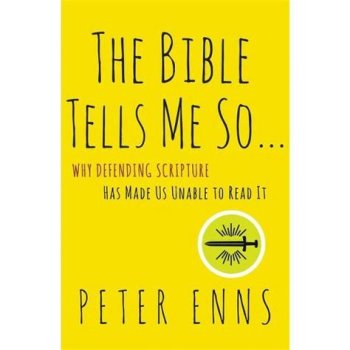I am one who views the Genesis creation story as allegorical yet still profoundly true. It's what Karen Armstrong, in her book The Case for God, would call mythos rather than logos:
"Logos (“reason”) was the pragmatic mode of thought that enabled people to function effectively in the world. It had, therefore, to correspond accurately to external reality. People have always needed logos to make an efficient weapon, organize their societies, or plan an expedition. Logos was forward-looking, continually on the lookout for new ways of controlling the environment, improving old insights, or inventing something fresh. Logos was essential to the survival of our species. But it had its limitations: it could not assuage human grief or find ultimate meaning in life’s struggles. For that people turned to mythos or “myth.”
"Today we live in a society of scientific logos, and myth has fallen into disrepute. In popular parlance, a “myth” is something that is not true. But in the past, myth was not self-indulgent fantasy; rather, like logos, it helped people to live effectively in our confusing world, though in a different way. Myths may have told stories about the gods, but they were really focused on the more elusive, puzzling, and tragic aspects of the human predicament that lay outside the remit of logos. Myth has been called a primitive form of psychology. When a myth described heroes threading their way through labyrinths, descending into the underworld, or fighting monsters, these were not understood as primarily factual stories. They were designed to help people negotiate the obscure regions of the psyche, which are difficult to access but which profoundly influence our thought and behavior. People had to enter the warren of their own minds and fight their personal demons. When Freud and Jung began to chart their scientific search for the soul, they instinctively turned to these ancient myths. A myth was never intended as an accurate account of a historical event; it was something that had in some sense happened once but that also happens all the time.
"But a myth would not be effective if people simply “believed” in it. It was essentially a program of action. It could put you in the correct spiritual or psychological posture, but it was up to you to take the next step and make the “truth” of the myth a reality in your own life. The only way to assess the value and truth of any myth was to act upon it. The myth of the hero, for example, which takes the same form in nearly all cultural traditions, taught people how to unlock their own heroic potential. Later the stories of historical figures such as the Buddha, Jesus, or Muhammad were made to conform to this paradigm so that their followers could imitate them in the same way. Put into practice, a myth could tell us something profoundly true about our humanity."



